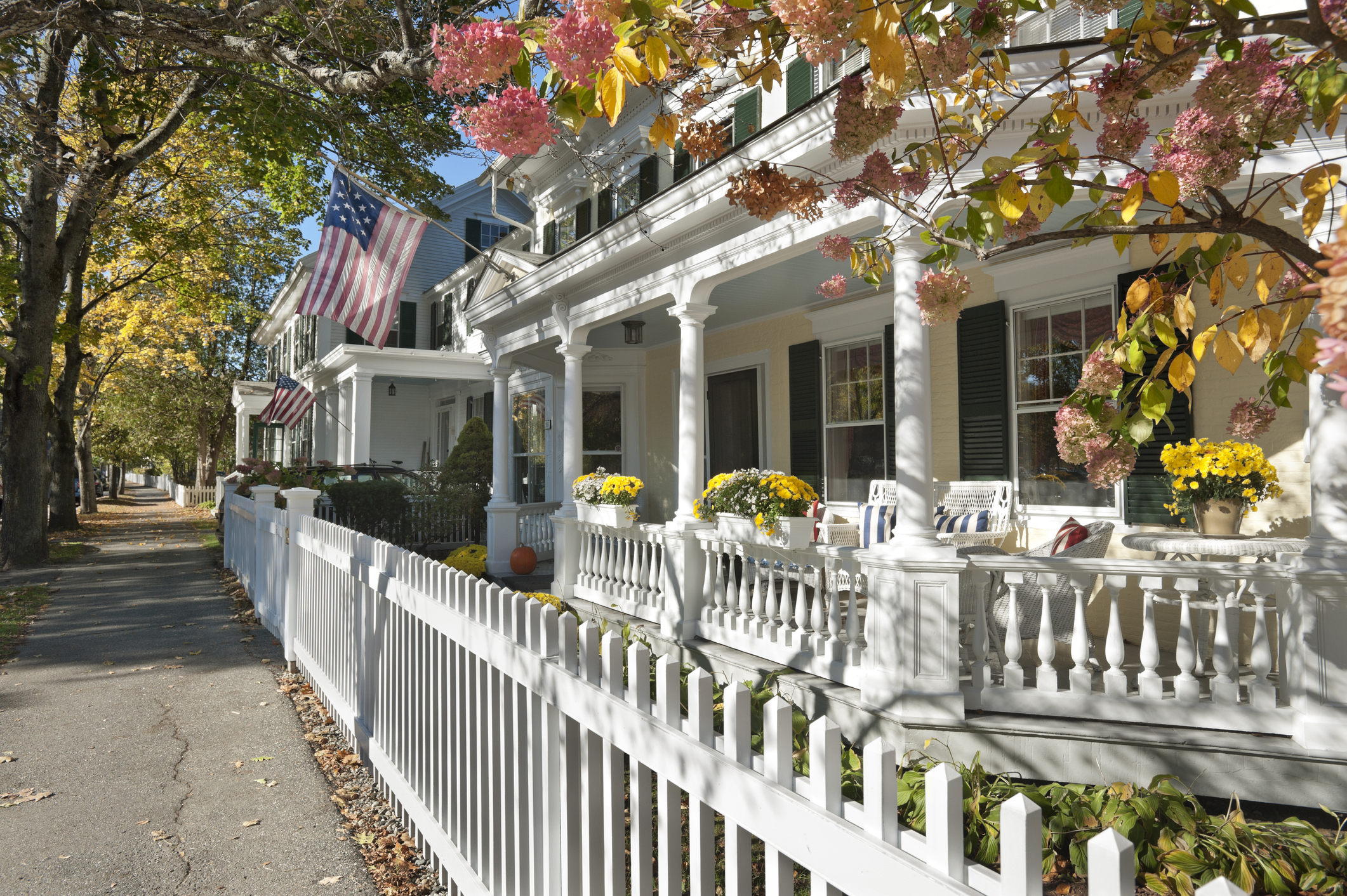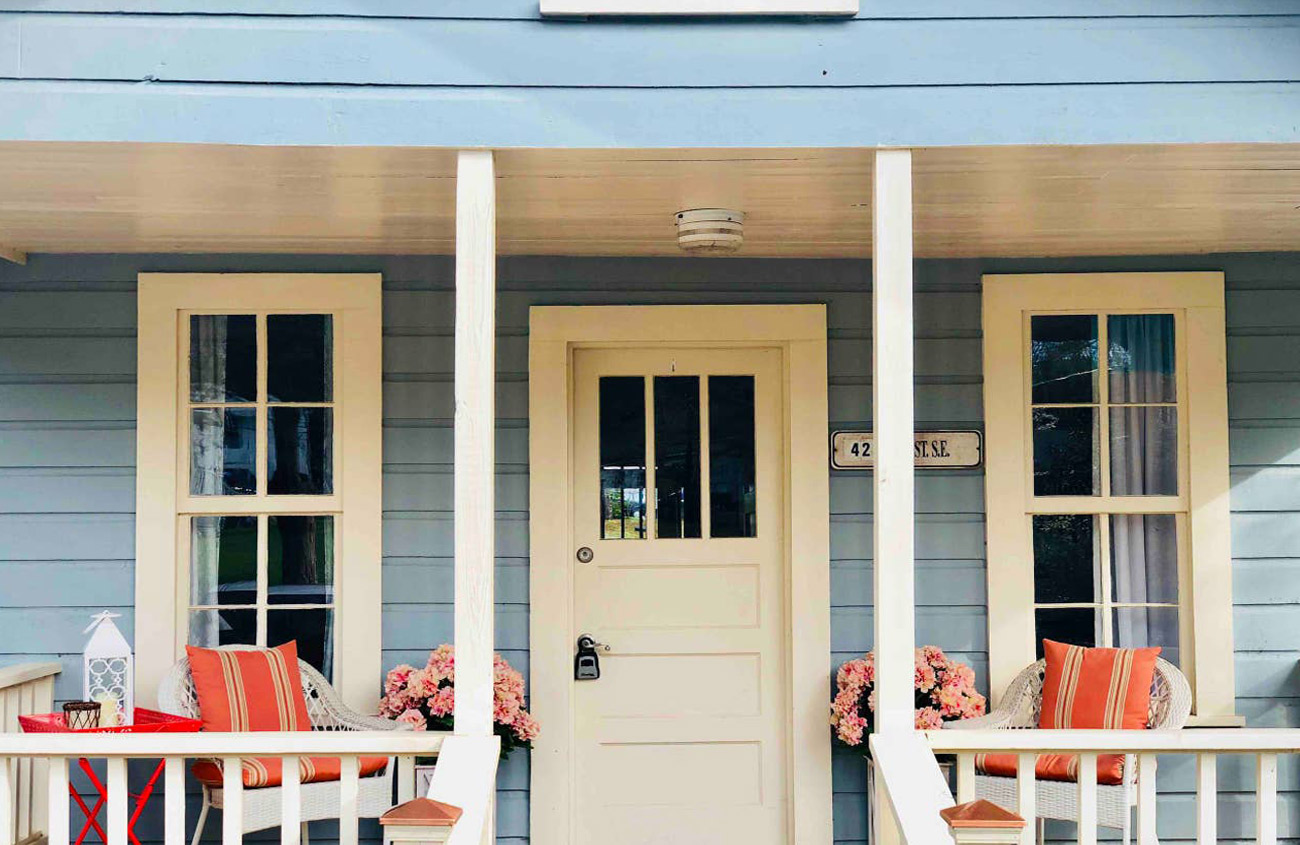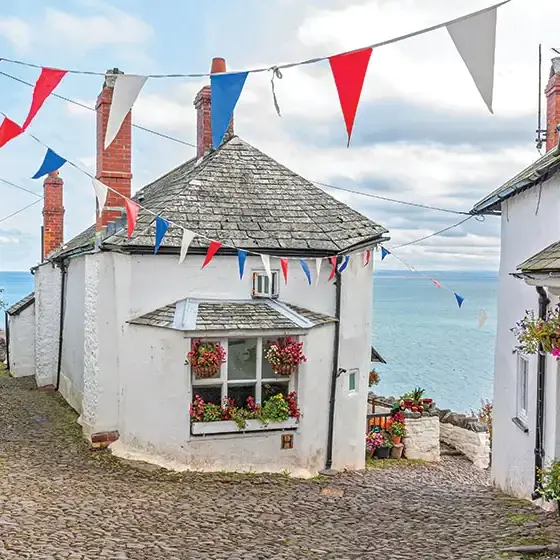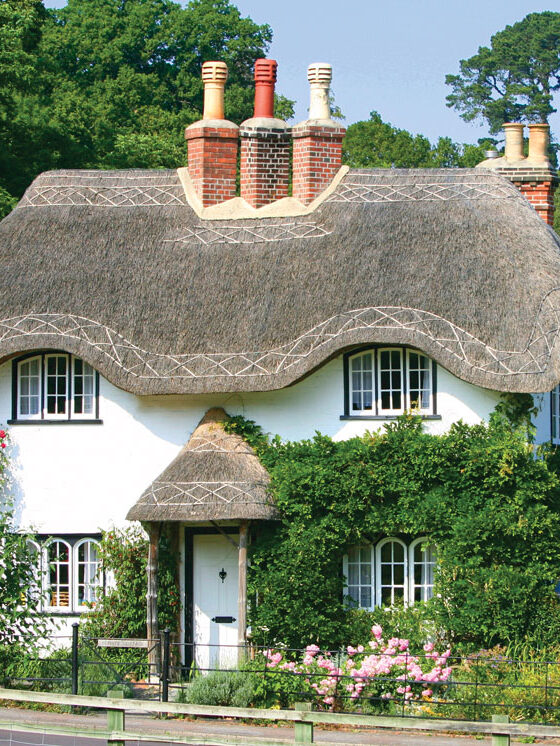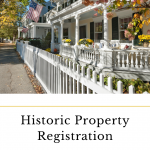As condominiums and skyscrapers pop up faster than weeds, how are you shielding your historic property from another demolition-hungry bulldozer? It’s one reason why you should register your home as a historic property. Residents all over the United States are advocating to preserve or stop the leveling of historic buildings and areas. The National Register of Historic Places, a branch of the National Parks Service, is one agency that protects historic areas. The Register has listed almost 100,000 properties as preservation-worthy since the agency’s inception in 1966.
Related Reading: National Register of Historic Places: What Is It?
Are you thinking about registering your home as a historic property or your neighborhood as historic district? Here are some benefits to the historic designation that will get you and your neighbors thinking.
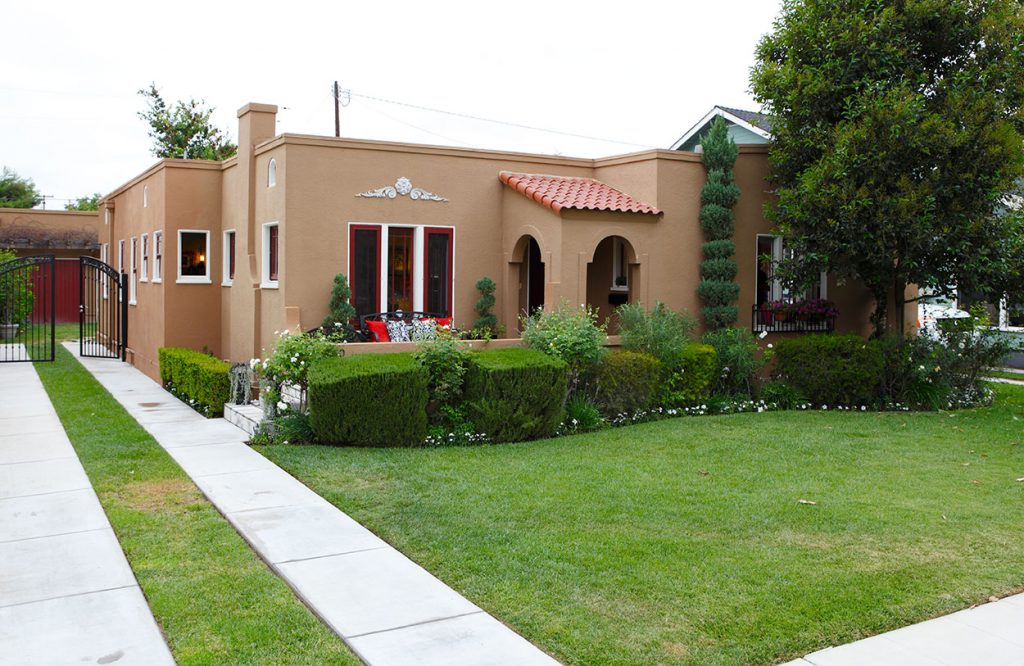
Historic Property Tax Benefits
As an owner of a registered historic property, you can sign a historic preservation easement, which restricts changes to the property. This easement, typically agreed to as a deed, will cost you money. But you might qualify for a federal income tax deduction or other benefits.
There are also perks to preserving your neighborhood as a historic area. A 20 percent federal tax credit is available for income-producing historic properties. While the credit can’t apply to personal residences, the tax can sustain stores, schools and offices in your historic town.
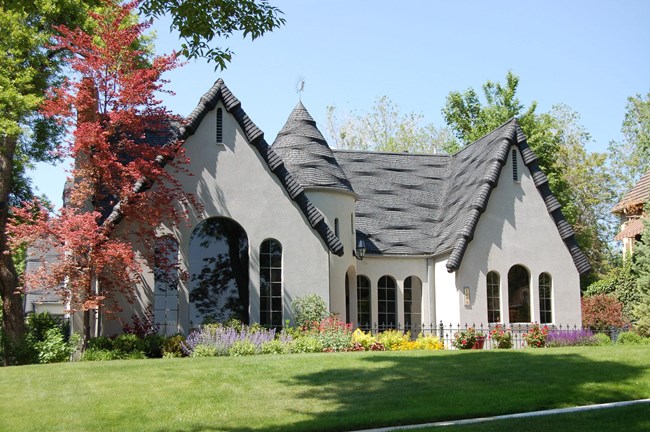
Freedom From Federal Interference
You can maintain your historic property however you want, as long as you aren’t reliant on federal licensing or funding. Additionally, federal agencies are required to consider how construction, licensing or permits will impact nearby historic areas when proposing plans. The Advisory Council on Historic Preservation reviews agency plans to see they will disturb surrounding sites, according to NPS.
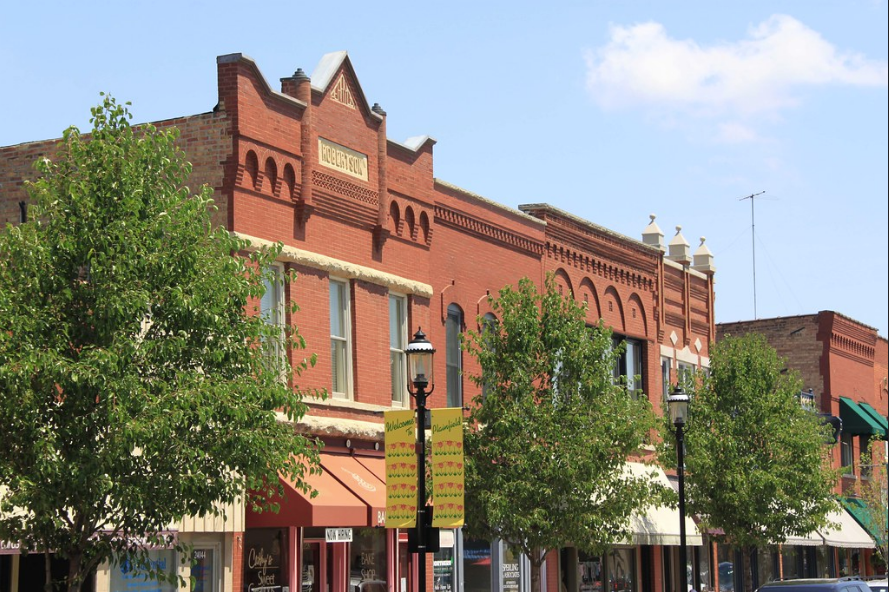
Preserving Heritage With Your Historic Property
Another reason why you should register your home as a historic property is because it Encourages neighbors to lobby for historic district designation which in turn helps maintain the authentic look and feel of the community you love. Protecting the historic nature of your neighborhood also preserves the heritage that makes your town so special. Conserving your area’s aesthetic appeal also people visiting, which adds value to the town and business for local shops.
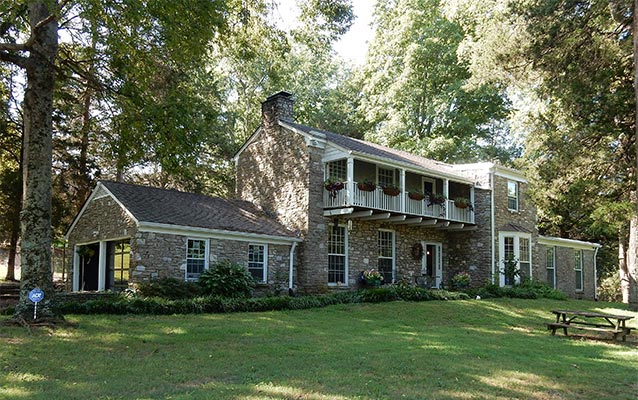
Keeping Your Property Green
When you register your historic home, you save resources required for demolitions and rebuilding efforts. Sporadically repairing or adding a few modern appliances to homes is more sustainable than a complete rebuild and maintains the property’s original charm and history. Historic homes are constructed from and updated with traditional materials, which are “generally durable,” according to the NPS website. Plus, less intensive maintenance encourages sourcing local craftsmen instead of shipping in replacement parts, the NPS website states.
For more historic cottage content, read this inspiring story about efforts to save a Spanish-style home in the 1930s.
Of course, don’t forget to follow us on Instagram, Facebook and Pinterest to get your daily dose of cottage inspiration!

